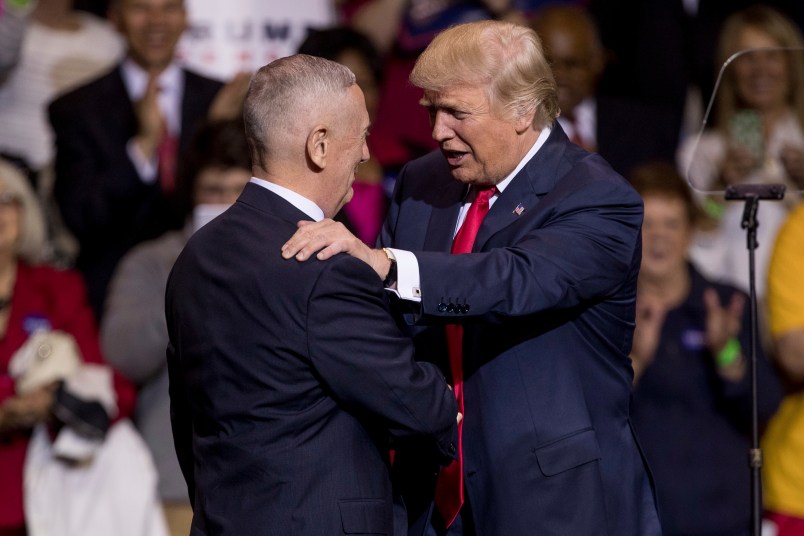Yesterday we learned that Donald Trump is having members of his presidential transition sign non-disclosure agreements. During the campaign he said that presidential appointees and nominees should, too, because he doesn’t like the idea of members of a government being critical after they leave the government. The key is that the transition, unlike the campaign, is a government entity. It has a government budget, access to government services, government offices, government emails etc. I am not sure of its technical standing or whether there is much relevant case law. But it is definitely not a private entity like a campaign.
Reporters should be asking now whether President-elect Trump is or is planning to have members of his government sign non-disclosure agreements — something Trump is notorious for in his private business.
There are a couple issues to keep in mind with this. There are probably a number of reasons why such contracts would either violate federal law or be unenforceable. (Lawyers with relevant government experience, please chime in.) That doesn’t mean Trump wouldn’t try to do it. I suspect he will. The key issue is who the agreement is with — the federal government or Trump personally.
Given who Trump is and what his aim would be, it’s likely that such an agreement would be with him personally. That doesn’t fit with how these contracts work because none of the people in question work for Trump. They work for the U.S. government. That applies to White House employees just as much as Senate confirmable employees. The information they have is similarly U.S. government information. They have very few employee rights vis-à-vis the president, which is it should be. They are political appointees who can be fired at will. They’re not civil servants. But that power doesn’t extend to what they can say after they leave office. It also doesn’t extend to what they can say while they are in office, other than the President’s ability to fire them whenever he wants. There are certain aspects of executive privilege which have been deemed to outlast a president’s time in office. But that is about certain concrete information and information of a privileged nature. It doesn’t cover opinions or just general things a government employee observed.
In theory, the government, or someone acting on its behalf could require NDAs from employees. (There are already rules in place about classified information, some personnel information.) That seems like bad policy and perhaps unconstitutional. But I guess it could happen.
The key point is that no president personally owns his presidency. The administration is not made up of personal employees. The information isn’t owned by him. I suspect that is a distinction he either doesn’t understand or doesn’t accept. This will require close observation and scrutiny.






